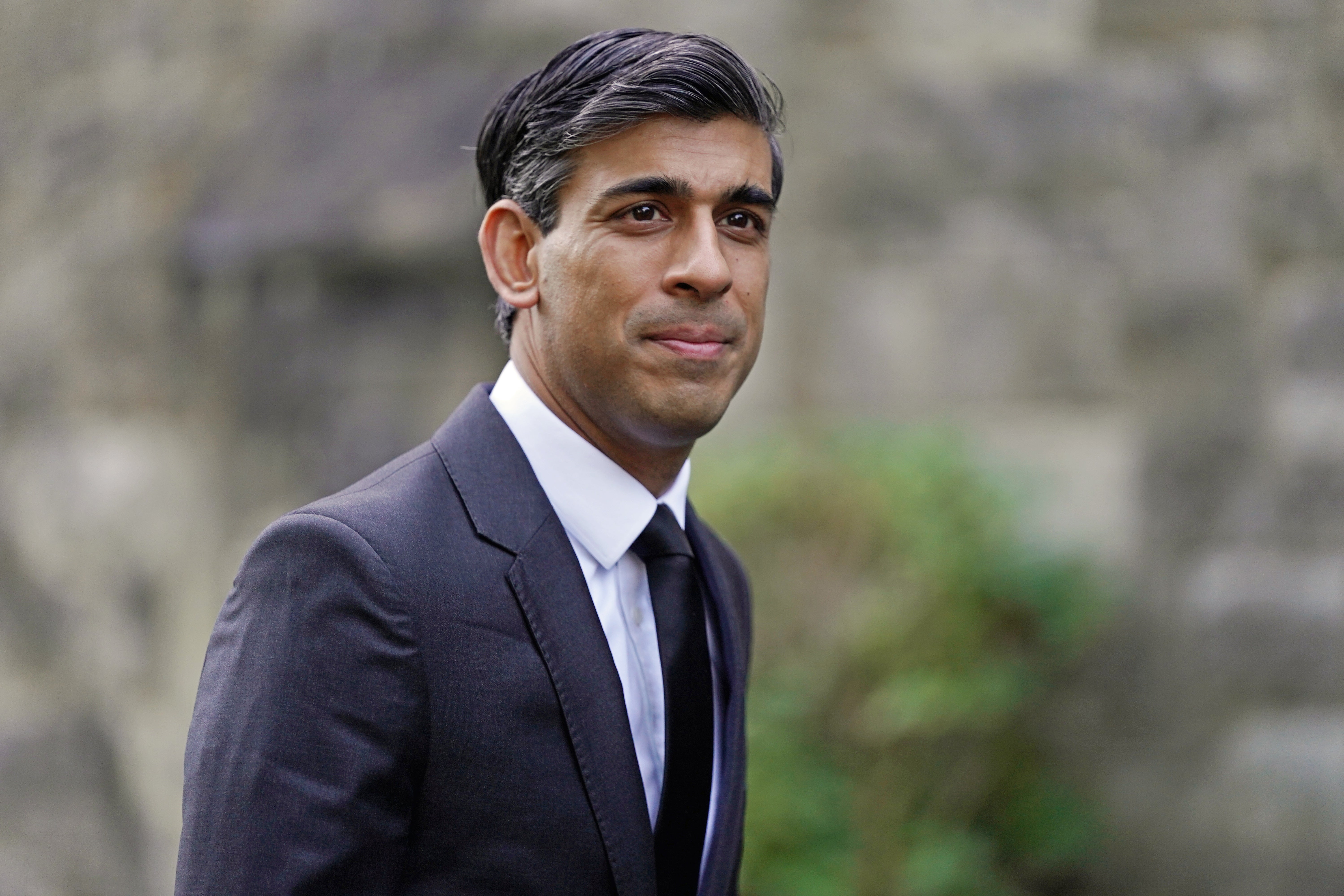Sunak’s £13bn windfall removes any excuse for not tackling the cost-of-living crisis
Given the chancellor’s £13bn windfall, it would be indefensible not to take action and commit to major relief measures, writes Ben Chapman


Your support helps us to tell the story
From reproductive rights to climate change to Big Tech, The Independent is on the ground when the story is developing. Whether it's investigating the financials of Elon Musk's pro-Trump PAC or producing our latest documentary, 'The A Word', which shines a light on the American women fighting for reproductive rights, we know how important it is to parse out the facts from the messaging.
At such a critical moment in US history, we need reporters on the ground. Your donation allows us to keep sending journalists to speak to both sides of the story.
The Independent is trusted by Americans across the entire political spectrum. And unlike many other quality news outlets, we choose not to lock Americans out of our reporting and analysis with paywalls. We believe quality journalism should be available to everyone, paid for by those who can afford it.
Your support makes all the difference.The chancellor is under renewed pressure to scrap a controversial tax hike after official data showed the public finances are in better shape than had been feared.
National Insurance contributions are set to rise by 2.5 percentage points in April, handing workers and employers a hefty bill just as they face the brunt of soaring energy prices.
The move has been criticised from all sides, including the Tory backbenches. It is expected to bring in around £12bn a year for the Treasury to pay for health and social care, but it will hit household budgets, reducing spending and hampering the broader economic recovery.
Critics argue that Rishi Sunak should scrap, or at least delay, his planned NI increase, so as not to worsen the approaching cost-of-living crunch.
They will feel they have a stronger case after new figures published on Tuesday showed borrowing had come in lower than expected for the first nine months of the financial year.
As a result, the government borrowed £13bn less than its forecasting watchdog had predicted as recently as October.
If Sunak scrapped his £12bn NI increase, a person earning £30,000 would have £255 more to spend this year. That's still only a small part of the £1,660 that they will lose to rising prices and tax rises, according to the IFS.
But the chancellor indicated that, despite positive news on the public finances, he will press ahead with tax increases.
“Risks to the public finances, including from inflation, make it even more important that we avoid burdening future generations with high debt repayments,” he said.
It seems to miss the central point demonstrated so clearly by today’s figures: that the best way to restore the public finances and avoid “burdening” future generations is to deliver a strong economy.
The reason he now has an extra £13bn of wiggle room has precisely nothing to do with his own prudence. It was not because he had strict “fiscal rules” that promised to balance the government’s books.
He has more money because Omicron hit businesses less severely than had been feared. Vaccines meant people were less likely to die and less fearful of going out, and spending money. As a result, tax receipts are up 15 per cent on the same period last year.
It’s true that debt interest repayments have risen, largely because the government linked much of its debt to inflation. But government expenditure on servicing its debt remains low by historic standards.
If, as now seems likely, he does keep the NI increase, there is an even stronger case for a substantial package of financial support targeted at people who will be hit hardest by rising living costs.
Around six million people are expected to struggle to heat their homes after energy prices jump 50 per cent in April and then more in October.
Charities, anti-poverty campaigners and left-leaning think tanks have all warned of a sharp rise in destitution this year as benefit payments fall behind what is needed to cover the most basic living costs.
A 5 per cent VAT cut, as proposed by energy companies, would be welcome, but it will do little to help those in greatest need. The IPPR and others have called for immediate emergency cash grants of £500.
Given the chancellor’s £13bn windfall, it would be indefensible not to take action and commit to major relief measures.
Join our commenting forum
Join thought-provoking conversations, follow other Independent readers and see their replies
Comments